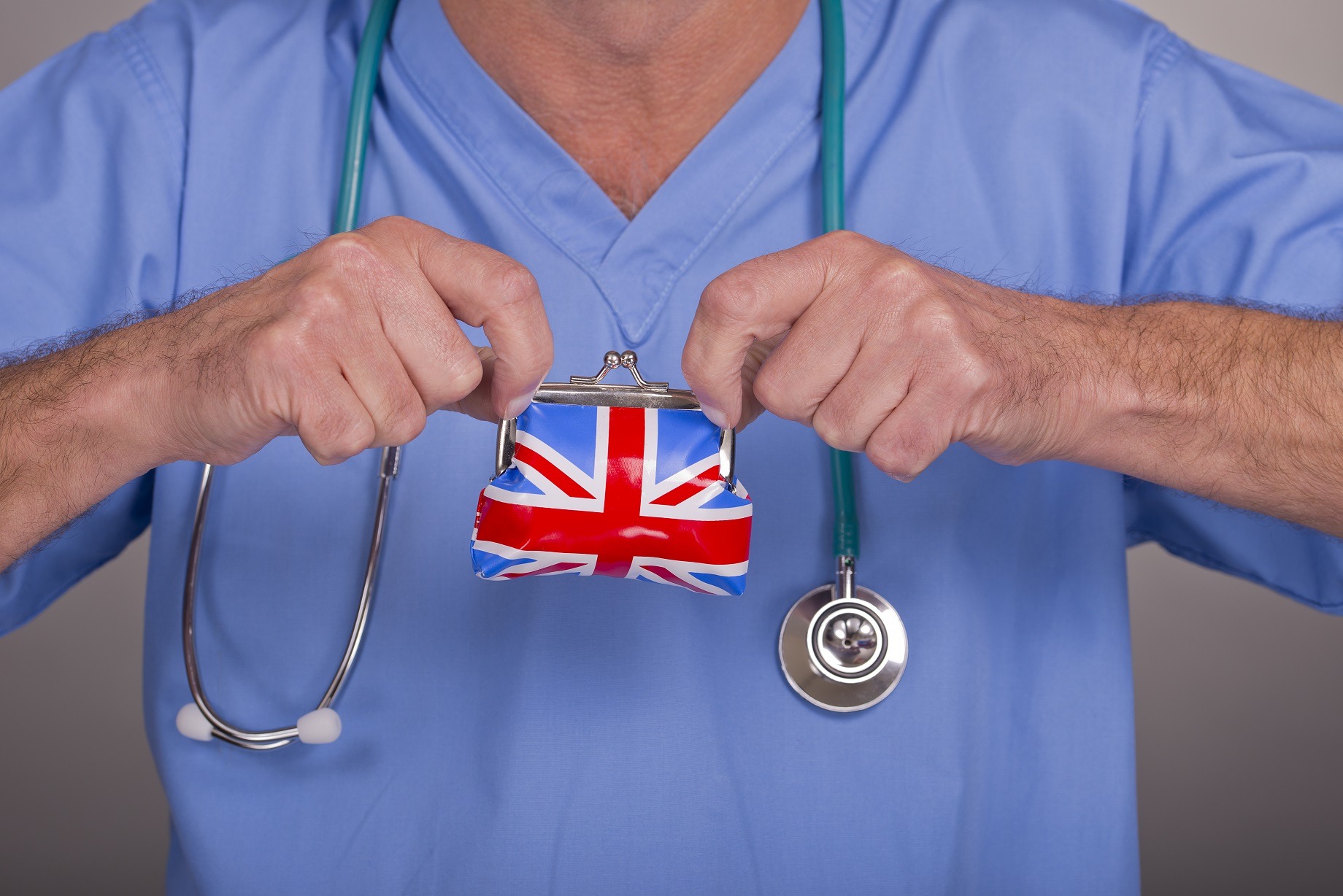
Ahead of next month’s 2021 Budget announcement, BIVDA is calling for the government to invest in the UK diagnostics sector and help make Britain a “science superpower”.
The British In Vitro Diagnostics Association has put forward a series of suggestions that focus on support for advanced manufacturing, increased funding for research and innovation, and highly skilled jobs.
In its submission to UK chancellor of the exchequer Rishi Sunak, BIVDA has also called for policies that embed sustainable practices in medical manufacturing, owing to a higher public awareness of medical waste during the ongoing pandemic.
Sunak is set to announce his Budget on 3 March – with potential tax hikes, the government’s Furlough Scheme and other economic policies relating to the impact of Covid-19 all being widely speculated on in recent weeks.
BIVDA chief executive Doris-Ann Williams said: “Only with a concerted effort and government support can we ensure that the UK life sciences sector can compete on a global level, bringing better health outcomes, advanced manufacturing capability and highly skilled jobs to our country.
“As the economy recovers from the pandemic, we want the British in vitro diagnostics sector to be front and centre of economic growth, and our targeted package of measures for this Budget will help achieve these aims.”
A closer look at BIVDA’s proposals
The first part of BIVDA’s suggestions for aiding economic recovery in the UK focuses on investment in innovation within the diagnostics field.
Specifically, it emphasises the need to allocate greater resources towards “translating science into commercial products” – something that can be achieved through better coordination of diagnostic funding activity across UK government organisations, and increased investment in manufacturing innovations and capability.
Further support for advanced manufacturing also forms a significant part of the proposals put forward by BIVDA, and it claims that building the country’s critical mass will be “vital” in ensuring the UK has the capacity to rapidly scale up testing capabilities in the face of future pandemics.
According to the industry association, this can be done on a macro level, by providing organisations like the Northern Powerhouse with financial support to invest in manufacturing-focused diagnostic business, or on a company level with the provision of asset-backed support to allow SMEs to grow and scale up.
The final part of BIVDA’s proposals centre around high-skilled jobs and the importance of developing a large pool of talent within the UK to “underpin all other efforts” moving forward.
BIVDA states that the government should invest in an R&D workforce with a range of different skills, experiences and training, drawing on the contribution of individuals from diverse backgrounds because, as things stand, there may be up to 4.2 million highly skilled jobs without suitable candidates by 2025, which could cost the economy £90bn ($125bn) each year.






